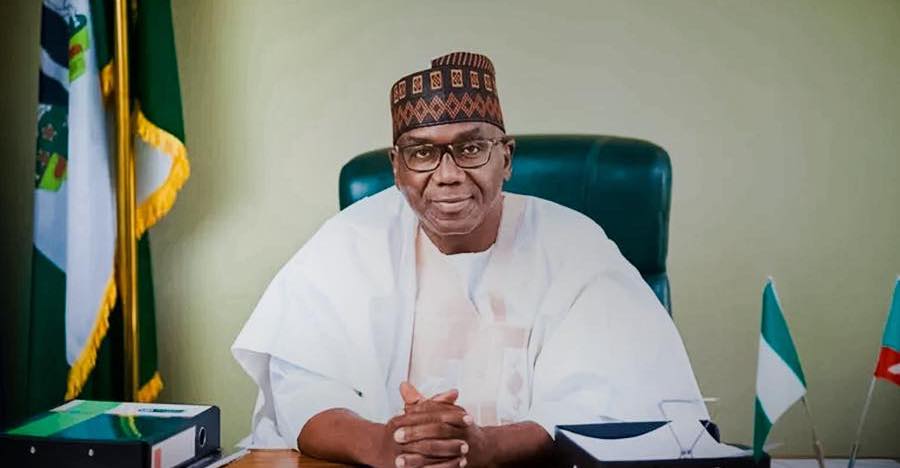
Speaking at a stakeholders’ meeting on Monday evening, the governor said the policy was the lesser evil open to the Federal Government.
He added that other options such as printing new currency on a large scale to fund fuel subsidy would crumble the economy and subject the people to greater harm.
In a statement by the Chief Press Secretary to the governor, Rafiu Ajakaye, and made available to the press on Tuesday, AbdulRazaq said, “At the moment, we will concentrate more on funding welfare programmes in order to keep the economy going and helping the people to cope with the temporary discomfort. This means we’ll slow down on other things that do not specifically address this need.
“We have rolled out several palliatives that cover different sectors, including medical workers, teachers, small and medium scale enterprises. Those who are not immediately covered will be taken on board very soon.”
The governor promised that his administration was working with the FG to reduce the pains of the fuel subsidy removal.
“We appeal for patience. We are working with the Federal Government to ease the temporary pains of the removal of fuel subsidy. Very soon, things will normalise and we will be better for it. We will also reach out to the most vulnerable members of society.”
AbdulRazaq mentioned that aside from the N10,000 transport allowance, the state government would also distribute food and other interventions.
“President Bola Tinubu has advised all states to go ahead and look at ways of mitigating the effects of the subsidy removal until the labour and Federal Government reach an agreement on the new minimum wage. That’s why we rolled out new palliatives which include N10,000 transport allowance for workers. There will be food distribution, among several other interventions we announced yesterday.
“The Federal Government is also selling fertilisers and maize to state governments. The suspended CBN Governor Godwin Emefiele had bought a lot of fertilizers and maize which the Federal Government will now sell to the state governments, and the states will pass it on to the public in ways to be determined.”
The governor stated further that, “The challenge of mitigating the effects of fuel subsidy removal is an ongoing exercise which we will continue to look at. Not everybody will be captured from day one because of the cost of implementing the programmes. For example, nurses alone will receive about N60m a month under the new arrangement. If you look at it over a year, it is over N700m.
“So, when you look at the numbers, we are heading to a situation where all our statutory allocations and IGR are going into paying salaries. But for now, that is what we need to do to make sure people feed well and they are okay and then continue other business.”
He stated that the state government would extend the palliative measures to every segment of society, adding that it’s imperative to be “our brothers’ keepers.”
He said, “It is important that we be our brothers’ keepers. Our efforts will not be confined to civil servants’ welfare alone. So, through KWASSIP, we will reach out to other segments of society and also through food distribution like we did during COVID-19.”
The state Chairman of the All Progressives Congress, Prince Sunday Fagbemi, who congratulated the governor and the party on the last electoral victory, expressed confidence that Kwarans stood the chance to enjoy more dividends in the second term of the administration.
He charged members to remain united and continue to make concerted efforts to see that the party grew at the grassroots level.
At the meeting were the state deputy governor, Mr Kayode Alabi, APC leaders, stakeholders, and community leaders, Yakubu Salihu-Danladi, Speaker of the Kwara state House of Assembly; Ambassador Nuhu Mohammed; Senator Ahmed Mohammed; Oloriewe Raheem Adedoyin; and Pa Oyin Zubair, among others.











